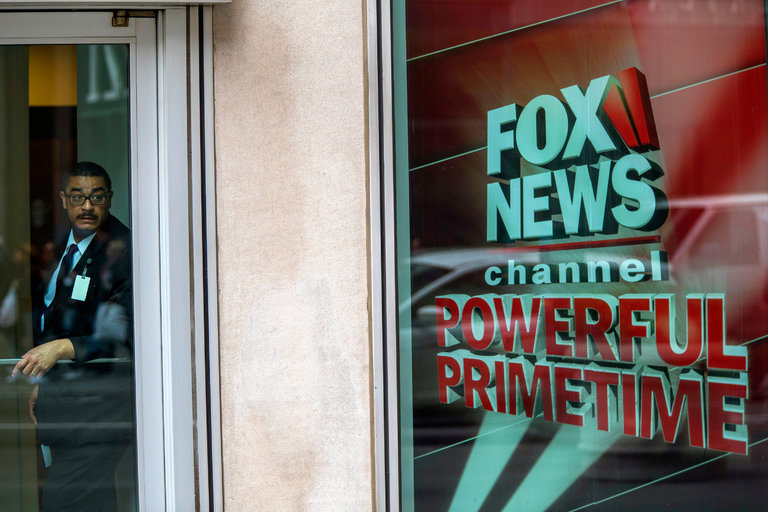Sean Hannity, a Murder and Why Fake News Endures
If we can learn anything from the latest triple-bank-shot of a conspiracy theory coursing through the alt-reality media — this one involving the unsolved murder of a Democratic National Committee staff member named Seth Rich — it’s this: Fake news dies hard.
God knows people have tried. In the last few months, journalists, academics, technology experts, civic-minded foundations and well-intentioned politicos have devoted decades of collective brain hours to an all-hands effort to stanch the conspiracy theories and outright falsehoods roiling our democracy.
Facebook and Google have worked up new computer formulas and dispatched dedicated teams of humans to push the corrosive stuff off their platforms or, at the very least, to let readers know when something doesn’t look right. Ad makers are pulling their advertising from sites that run false items. And educators are working up “news literacy” programs to teach students how to tell the difference between real, corroborated journalism and naked lies dressed in the colors of veracity.
But as the Seth Rich story shows, we’re going to need a bigger algorithm.
In case you haven’t been following it, the Seth Rich conspiracy holds that before his death (or, in this version of events, assassination) in July Mr. Rich had been involved in the leaking of Clinton campaign emails to WikiLeaks, which the United States intelligence community has attributed to Russian-sponsored hackers.
You can see the partisan appeal. If you don’t want to believe American intelligence assessments that the Russians were behind the breach — supposedly to help the electoral prospects of President Trump — and if you don’t like all the news about the investigations into the Trump campaign’s ties to Russia, well, there’s an alternative fact set to grab onto: Mr. Rich did it and paid for it with his life.
The problem, of course, is that there’s no real evidence for the notion.
The police in Washington have theorized that a thief may have killed Mr. Rich in a botched robbery attempt.
The Rich story has been kicking around since July, but flared anew last week, when FoxNews.com and the Fox affiliate in Washington, WTTG, quoted an investigator working with the Rich family as saying that Mr. Rich had been in contact with WikiLeaks before his death.
But when questioned by Oliver Darcy of CNN, the investigator acknowledged that, in fact, he had no evidence to suggest any such thing, and that he was only repeating what the FoxNews.com reporter who interviewed him about the case had told him. (Ed Butowsky, a Dallas businessman who criticized Hillary Clinton last year, acknowledged to CNN that he helped connect the investigator with the Rich family after initially denying it to NBC.)
Still, the story lived on as a meme flowing through conservative media,…
